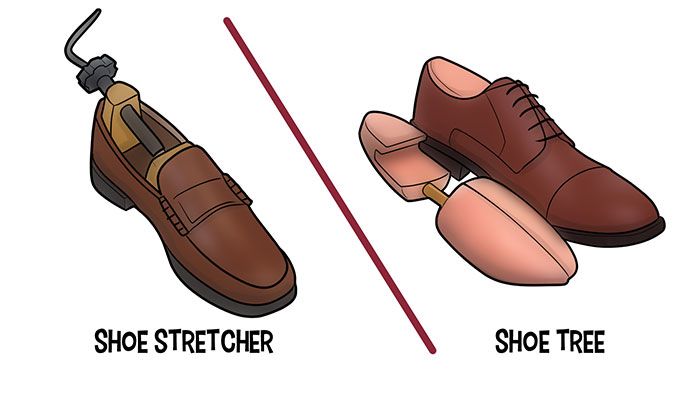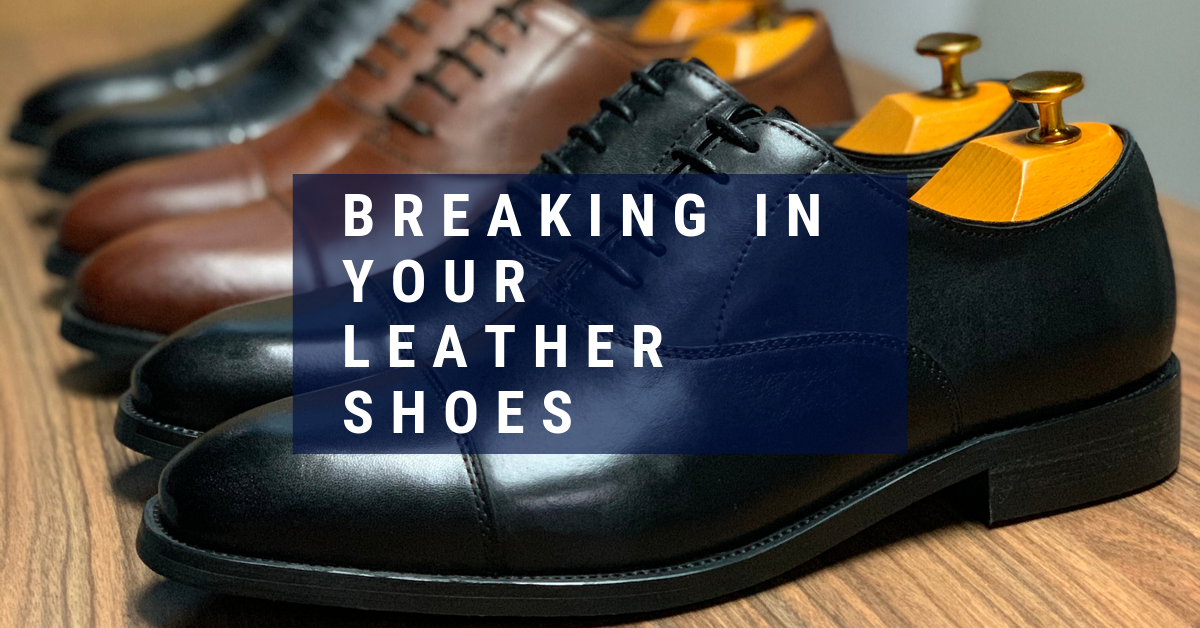Breaking in a new pair of shoes can be a frustrating process. Whether you’re a casual wearer or a serious sneakerhead, understanding how long it takes to properly break in footwear is essential for comfort and performance. In this comprehensive guide, we’ll explore the factors affecting break-in time, share tips for different types of shoes, discuss popular brands, and provide real-world experiences to give you the best insight into this important aspect of footwear.
Understanding the Break-in Process
The break-in process involves stretching and molding a new pair of shoes to fit the contours of your feet. Each shoe type has its unique characteristics that affect how long it will take to feel comfortable.
Why Breaking in Shoes is Important
- Prevents Blisters: Properly broken-in shoes reduce the risk of developing painful blisters.
- Enhances Comfort: A good fit ensures all-day comfort, especially for those who are on their feet frequently.
- Improves Performance: Athletes will find that breaking in shoes can lead to improved performance in activities like running or playing sports.
Factors Affecting the Break-in Time
Type of Material
Different materials break in differently. Leather shoes often require more time to stretch and conform to your feet compared to canvas or synthetic materials that might feel comfortable right out of the box.
Type of Shoe
Casual shoes, athletic shoes, dress shoes, and boots all have unique break-in periods. Here’s a general guideline:
| Type of Shoe | Average Break-in Time | Key Considerations |
|---|---|---|
| Leather Boots | 1-3 weeks | Wear with thick socks to speed up the process. |
| Running Shoes | 3-5 days | Walk or jog short distances initially. |
| Casual Sneakers | 1 week | Can often be worn right out of the box. |
| Dress Shoes | 1-2 weeks | Consider using shoe trees to maintain shape. |

Real-World Experiences and Case Studies
User Experiences with Popular Brands
Here are some insights from footwear enthusiasts across the U.S. about their experiences with breaking in shoes from well-known brands:
Nike
Nike running shoes are popular for their quick break-in time, often reported to be about three days. Users love how lightweight and flexible these shoes feel, reducing the time needed for adjustment.

Dr. Martens
In contrast, Dr. Martens boots can take up to a month to fully break in, as many users have noted. While the initial discomfort can be off-putting, many claim that the effort is worthwhile for the ultimate comfort and durability.
Tips for Breaking in Shoes
Start Slow
When breaking in new shoes, start by wearing them for short periods. Gradually increase the time as the shoes begin to conform to your feet.

Use the Right Socks
Your choice in socks can affect the break-in process. Thick, cushioned socks can provide additional comfort and help stretch the shoe material.
Pros and Cons of Different Shoe Materials
Leather Shoes
- Pros: Durable, stylish, molds to feet over time.
- Cons: Longer break-in period, may require conditioning.

Synthetic Shoes
- Pros: Lightweight, often comfortable from day one.
- Cons: Less breathable, may not mold to foot as well as leather.
Frequently Asked Questions
How long should I break in new shoes?
The break-in period varies by type of shoe but generally ranges from a few days to several weeks. It’s essential to listen to your body and allow for adjustments as needed.

Can I speed up the break-in process?
Yes, you can speed up the process by wearing them for short periods, using thick socks, or employing a shoe stretcher.
Are there any shoes that don’t require a break-in period?
Many casual sneakers and some athletic shoes are designed to provide comfort from the first wear without a noticeable break-in period.

What should I do if my shoes cause blisters?
If your shoes are causing blisters, stop wearing them immediately. Consider using blister pads and cushions while you break them in gradually.
Is it normal for new shoes to feel tight?
Yes, it’s common for new shoes to feel a bit tight. However, if they cause excessive discomfort, it may indicate that you need a different size or style.

How can I tell when my shoes are fully broken in?
Your shoes will feel comfortable, supportive, and flexible once broken in. They should move seamlessly with your foot without pinching or rubbing.
Can I return shoes if they hurt after breaking them in?
Many stores have return policies for unworn or slightly worn shoes. Always check the specific store’s policy before purchasing.

Should I use shoe trees?
Using shoe trees can help maintain the shape of your shoes while also aiding in the break-in process, especially for leather footwear.
Conclusion
Breaking in shoes is essential for comfort and longevity. It can take time and may require some trial and error, but with the right knowledge and techniques, you can ensure a smooth transition to your new footwear. Happy walking!